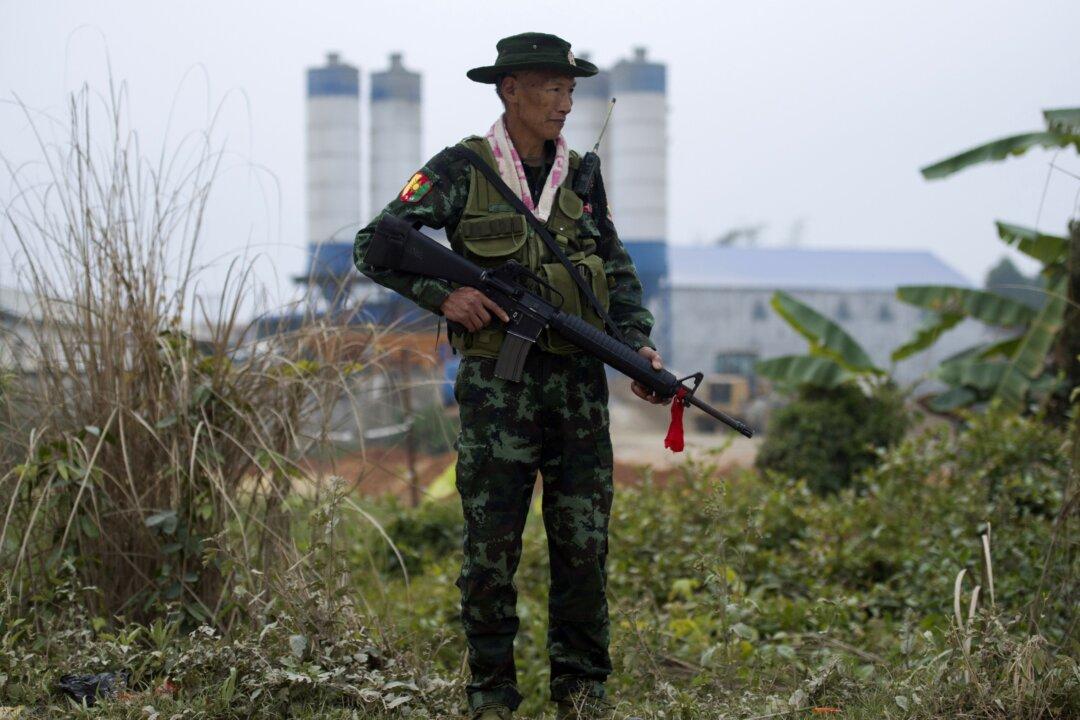The Chinese regime ordered local people to guard the border with Burma in the southeastern city of Ruili to curb the city’s COVID-19 outbreak, with locals complaining that the measures are ineffective.
“We don’t have any tool even to defend ourselves,” Li Liang (pseudonym), a resident at Mengmao town in Ruili, Yunnan province, told the Chinese-language Epoch Times on April 1. “A large number of people enter [China by crossing the border illegally] every day … We don’t have the capability to stop them.”





